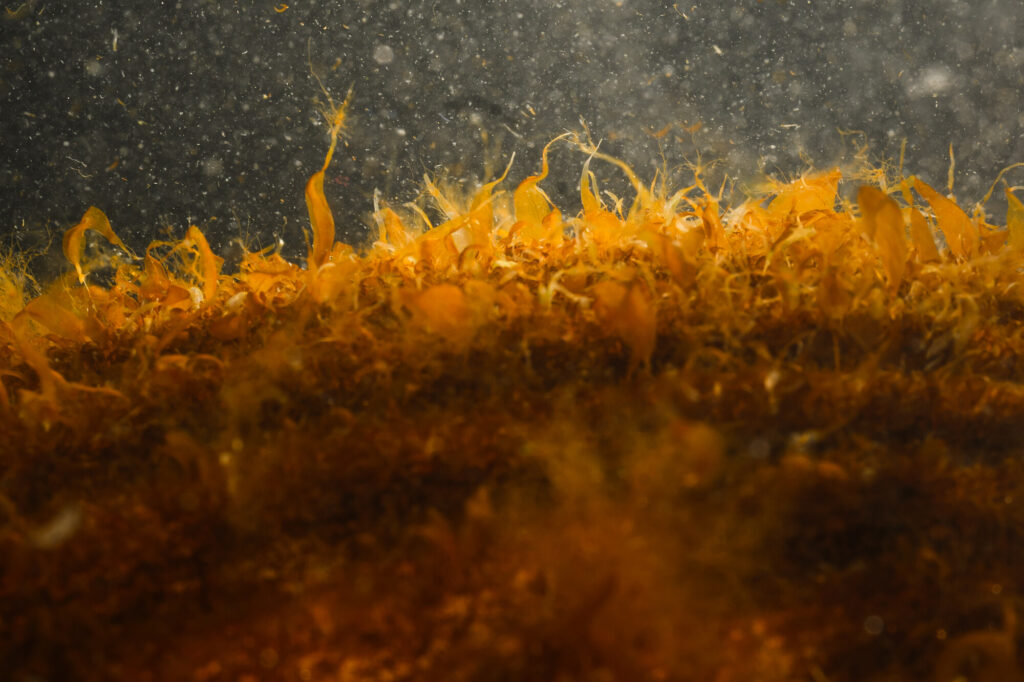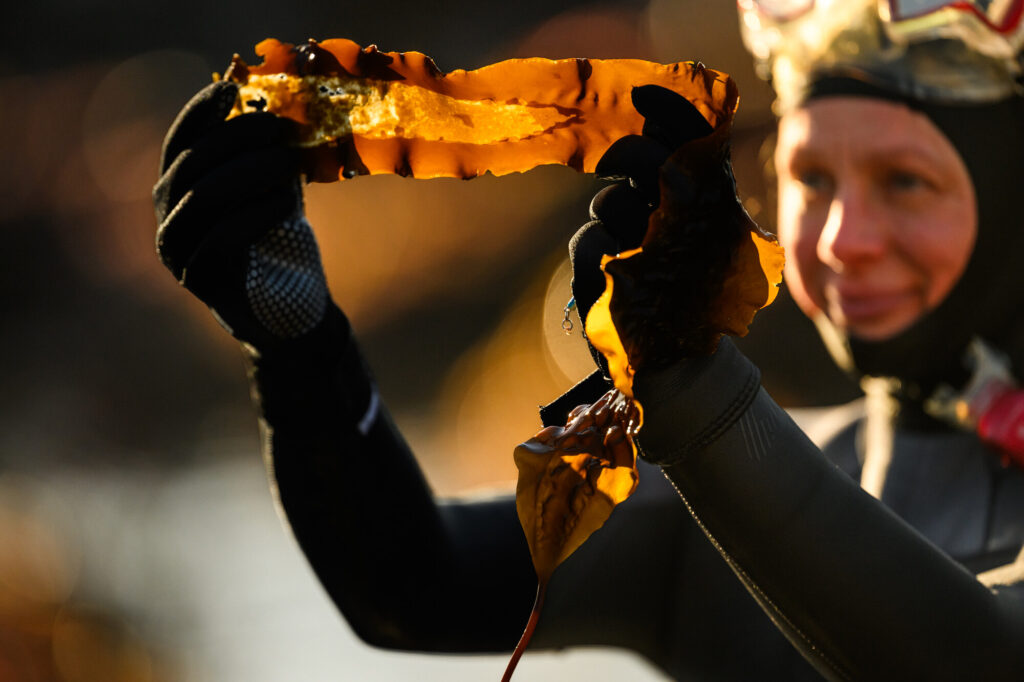
Historic kelp research at the Marine Biological Association
The MBA has a long history of seaweed ecology. In the 1940s, Dr Mary Parke pioneered field surveys on the distribution and standing stock (biomass) of key kelp species. She also documented the presence of the Golden Kelp, Laminaria ochroleuca, in the UK for the first time.
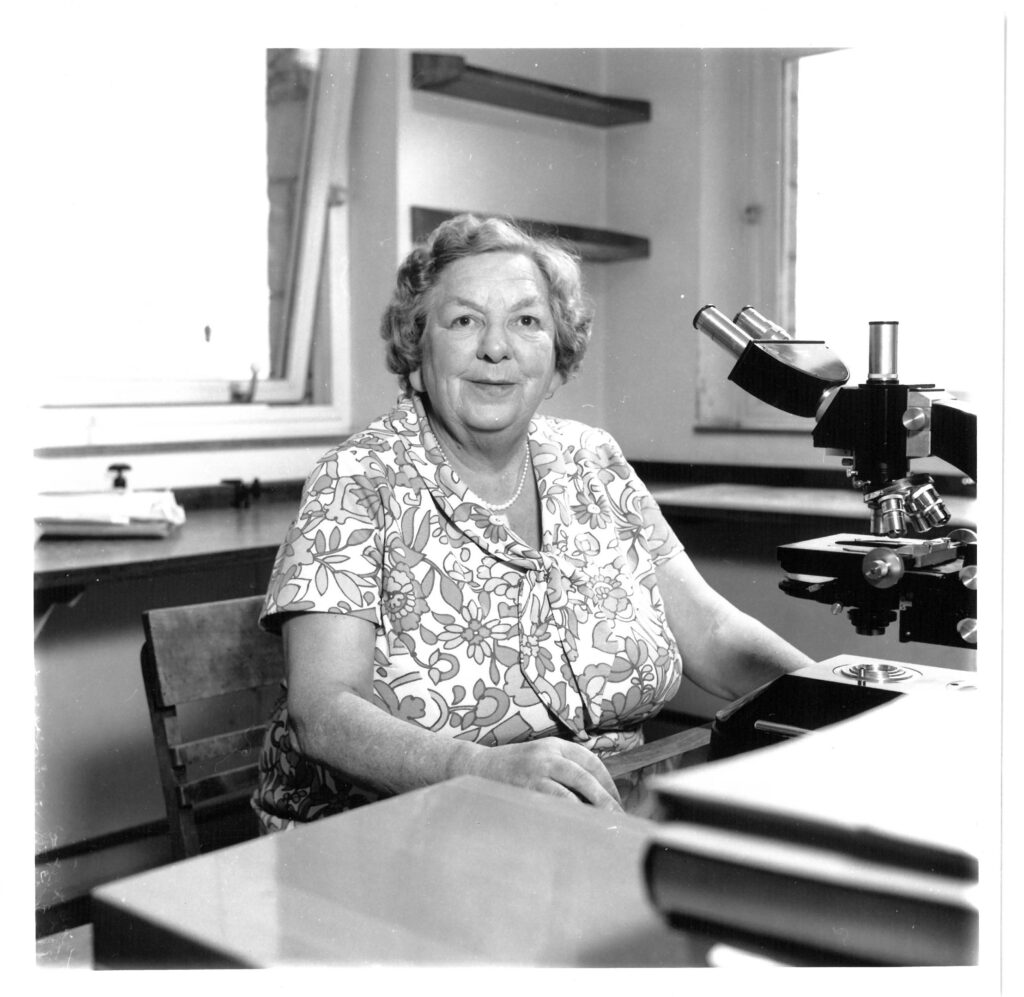
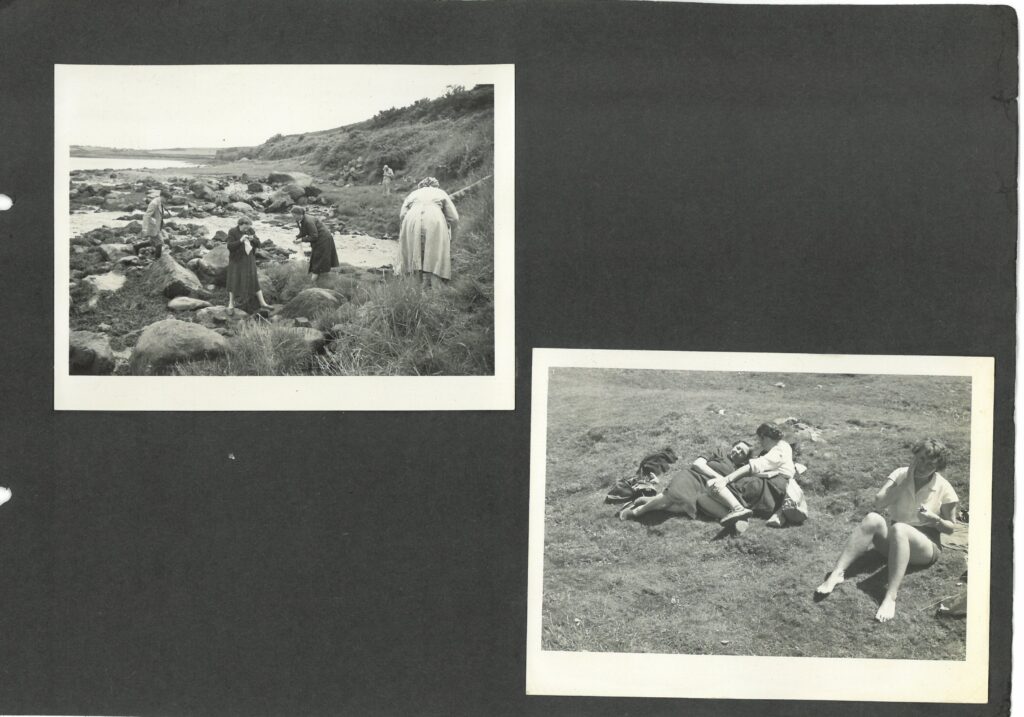
Marine biologists in the UK continued to conduct cutting-edge ecological research on kelp forests through the 1960s to 1980s, using scuba diving apparatus and other new technologies. However, research effort declined in subsequent decades, resulting in emerging knowledge gaps, as discussed in this research paper led by Dr Dan Smale.
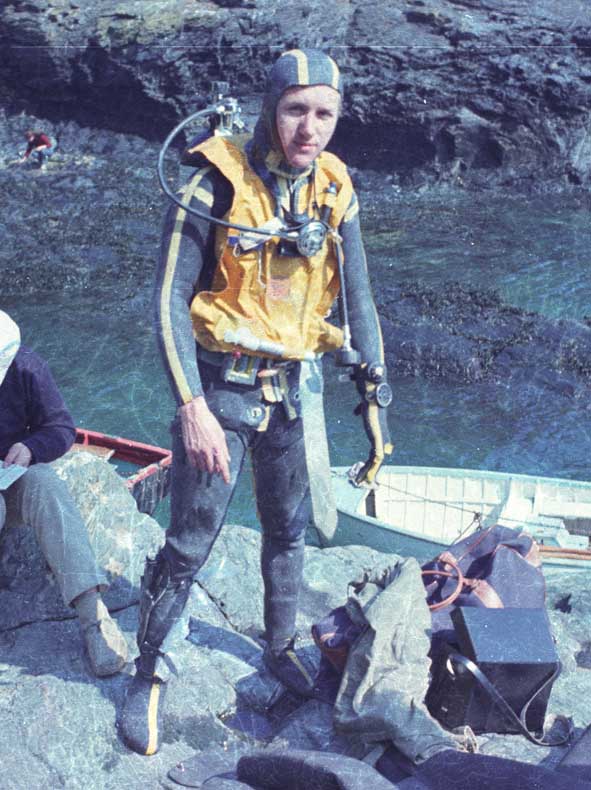
More recently, research efforts have intensified significantly, as scientists aim to understand how kelp forests in the UK are changing, and what ecosystem services they provide for coastal societies. This includes fisheries habitat, biodiversity maintenance and carbon capture and storage.
What we have learned
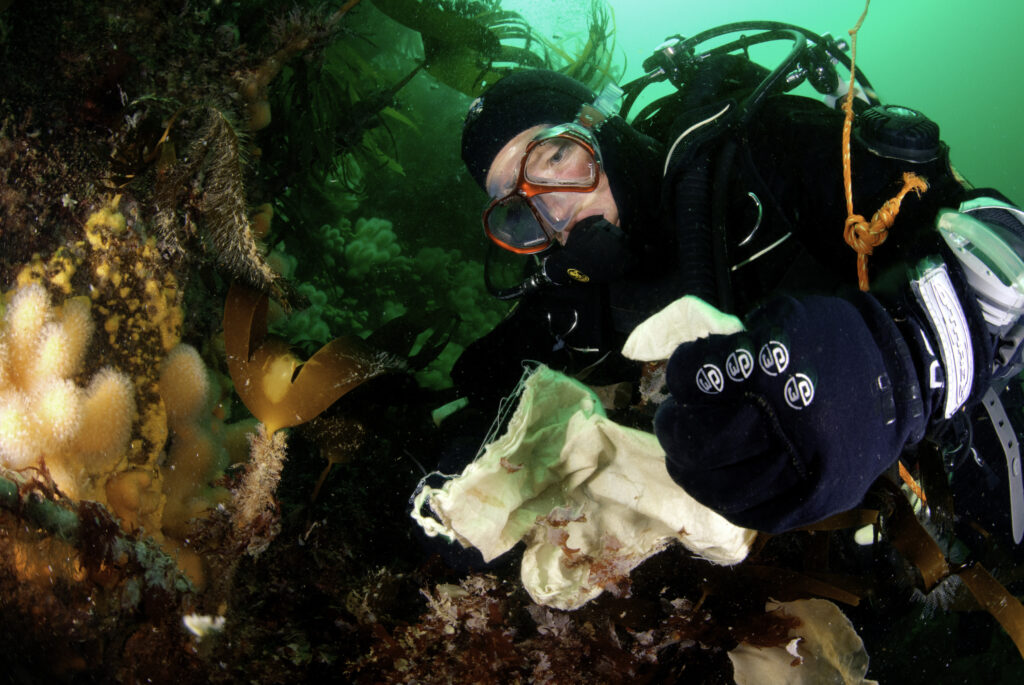
Over the past decade, scientists at the MBA have conducted extensive field surveys and taxonomic assessments to investigate the impacts of ocean warming on kelp forest biodiversity. It is now clear that the warm-water golden kelp has rapidly increased its distribution and abundance, which may lead to reduced local biodiversity. Dr Dan Smale led research papers published in the Journal of Ecology and Diversity and Distributions.
MBA researchers have also shown that warm-adapted kelp species have different timings and rates of growth than their cold-water counterparts. This altered pattern of primary productivity may influence coastal food webs and trophic dynamics.
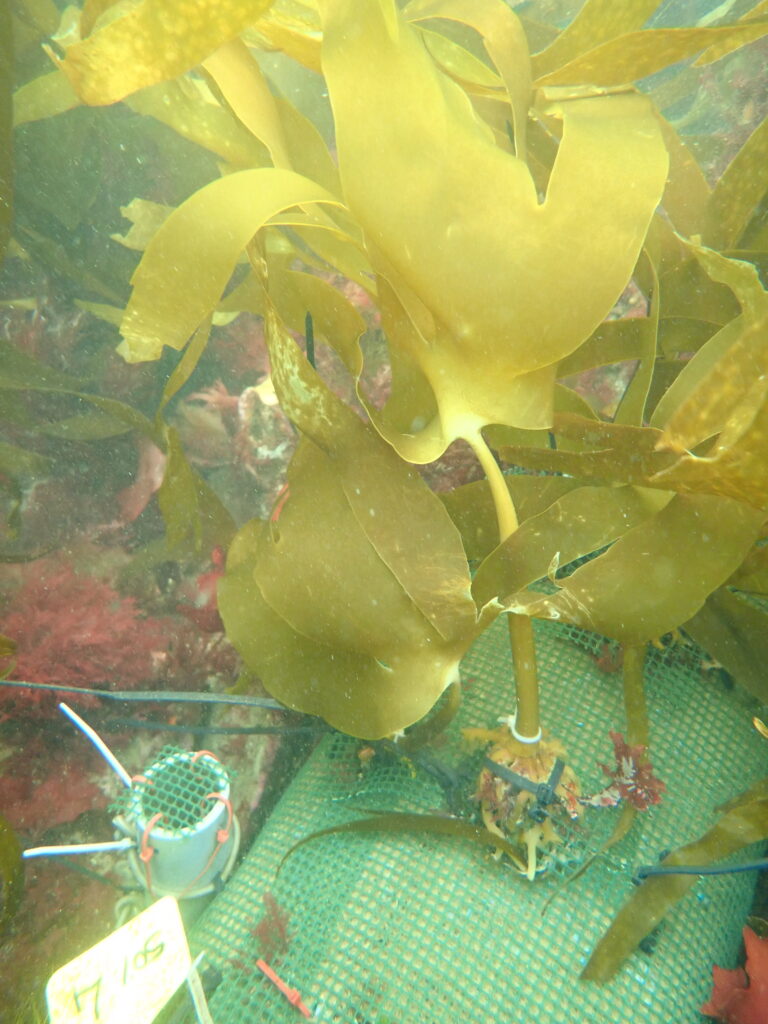
Marine Heatwaves: Threats of the present and near future

Kelp forests in the UK and elsewhere are threatened by a range of stressors, including ocean warming, pollution, decreasing water quality and invasive species. MBA scientists are conducting experiments in the field and laboratory to better understand their impacts.
Marine heatwaves can have widespread impacts on coastal ecosystems. Recent work at the MBA has combined realistic experiments with cutting-edge techniques to determine responses of kelp species to marine heatwaves.
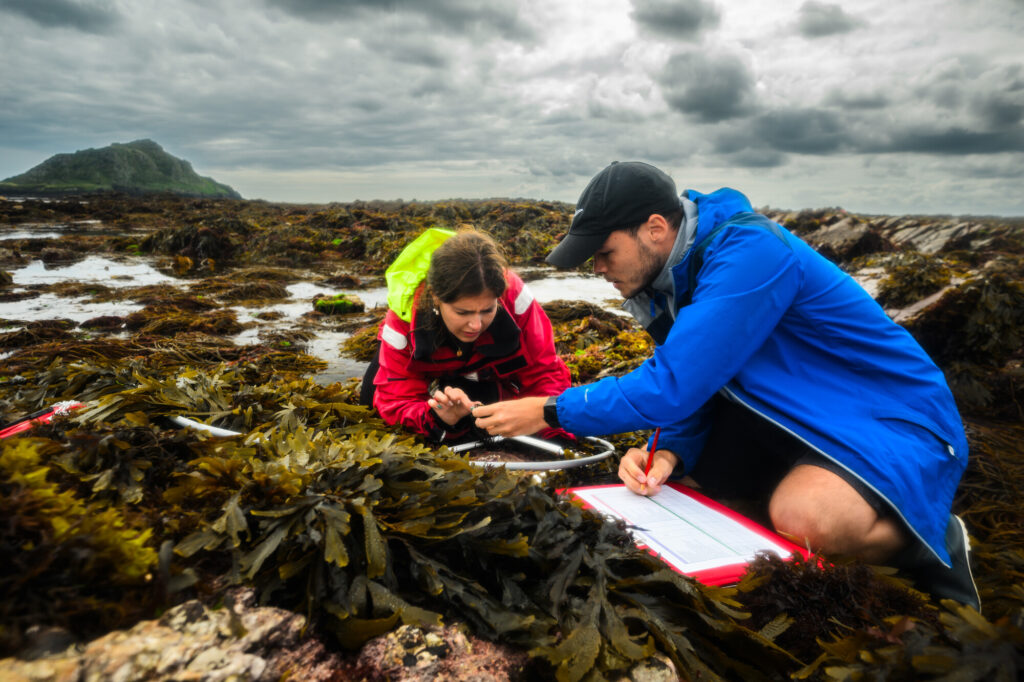
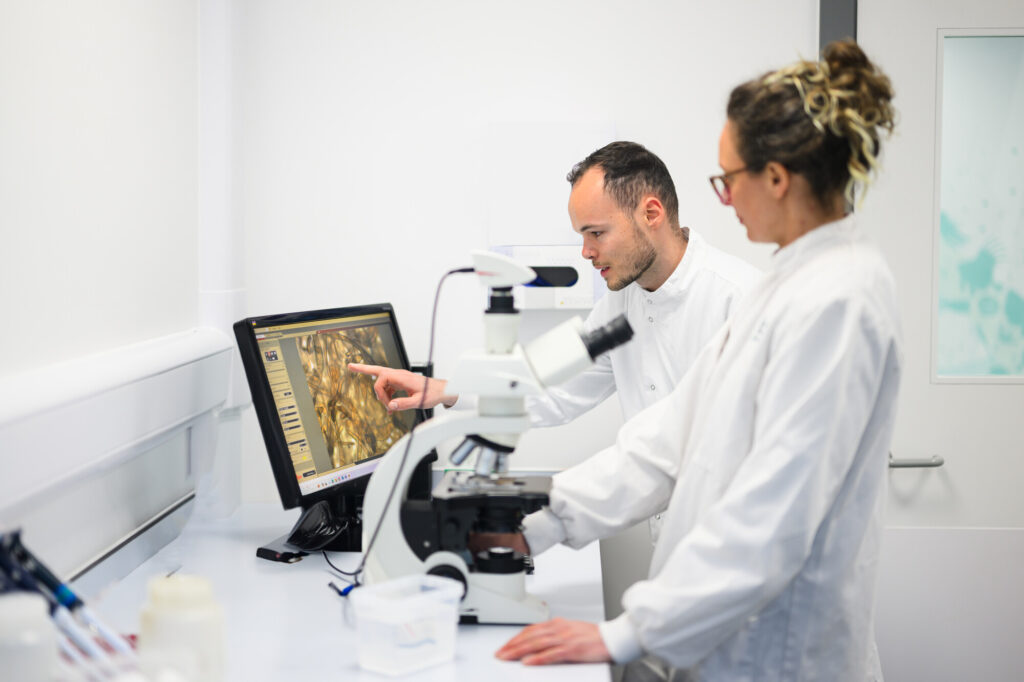
Green Gravel: Building kelp resilience for the future
MBA Researchers are working together with the Fishmongers’ Company, Newcastle University and the Kelp Conservation Initiative to develop approaches for kelp restoration in the UK with the Green Gravel Project.
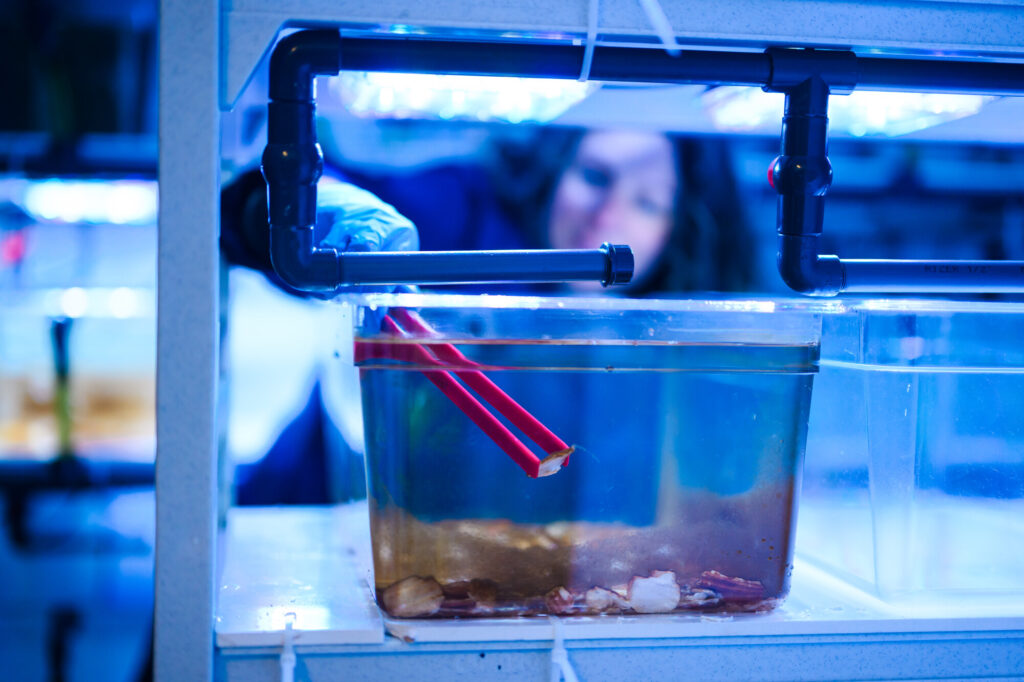
One promising restoration method, called ‘green gravel’ involves seeding kelp spores onto small stones and growing baby kelp in aquaria before deploying them at sea once they are big enough. The technique could be very scalable, and enable us to boost the resilience of kelp ecosystems in future. By testing ‘green gravel’ with scallops shells– a seafood industry waste product – as a substrate for the kelp, the project also has a circular economy goal.
